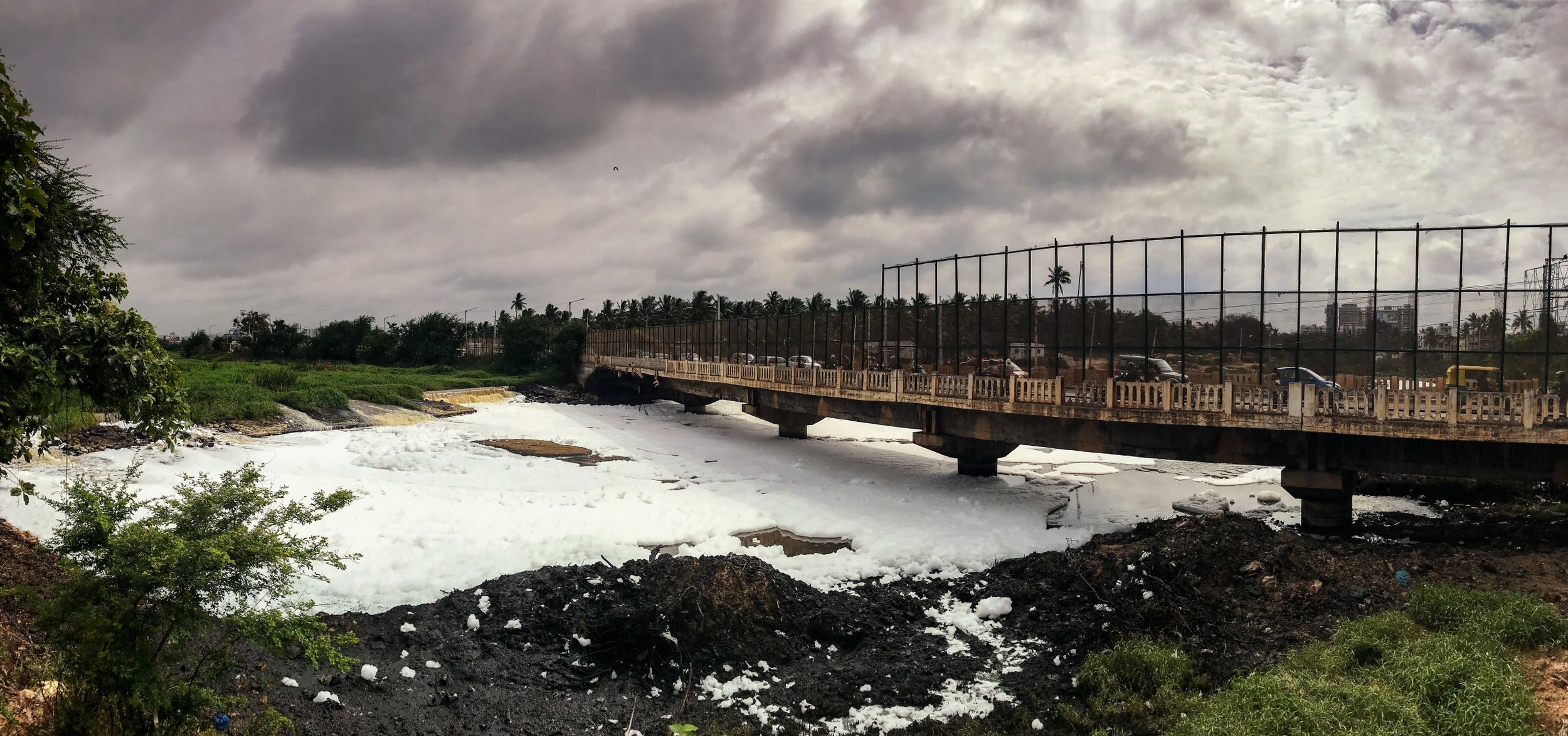Is water the next “gray rhino” poised to disrupt global systems?
What does it take to make a crisis visible before it strikes?Author Michel Wucker says we’re looking in the wrong places and missing the indicators of our era’s profound risks. They're hiding in plain sight, pawing at the ground like a rhinoceros. COVID-19, financial crunches, and systemic disruptions like climate change and global water supplies. They’re all gray rhinos.
A “gray rhino” is a highly probable, high impact yet neglected threat: kin to both the elephant in the room and the improbable and unforeseeable black swan. Gray rhinos are not random surprises, but occur after a series of warnings and visible evidence. The bursting of the housing bubble in 2008, the devastating aftermath of Hurricane Katrina and other natural disasters, the new digital technologies that upended the media world, the fall of the Soviet Union…all were evident well in advance.
"An obsession with the “unforeseeable” black swan metaphor has promoted a mentality that led us straight into the mess we’re in now: a sense of helplessness in the face of daunting threats and a sucker’s mentality that encourages people to keep throwing good money after bad,” Wucker writes in a Washington Post op-ed today."And the facile willingness to see crises as black swans has provided policymakers cover for failing to act in the face of clear and present dangers from climate change to health care to economic insecurity.”
The gray rhino is a beast ready to charge.
The gray rhino is a beast ready to charge, disrupting everything in its path. But it’s also predictable — and avoidable — if we can become better listeners, and more attuned to testing our perception and reality.Is water the next gray rhino?The current state of global fresh water supplies makes the case. Here are some sobering points from Circle of Blue and the World Economic Forum:
- For the first time in the history of the World Economic Forum’s Global Risks Report, environmental concerns — including water crises, failure to adapt to climate change, and biodiversity loss — dominate the top long-term risks.
- Billions of people around the world do not have safe, accessible water and sanitation.
- Groundwater is dramatically overexploited, particularly in water-stressed regions, including Southeast Asia, Indonesia, Middle East, and the Central United States.
- Water is a growing source of conflict and target in war, and old norms of co-operation are being tested by the unpredictable nature of climate change, population growth, and subnational conflicts.
- Climate change is redistributing water, whether triggering debilitating droughts and more intensive floods, or diminishing vital flows from glaciers.
As we learn from the stampede of the coronavirus, let’s not fall for the black swan argument. Check out Wucker's book, The Gray Rhino. Then look around with an open mind for the obvious.Because the next gray rhino already has its eye on us.
